BAGERHAT, Nov 12 (V7N) — In Khoulia Union’s West Khoulia village, Morelganj Upazila, 51 families—approximately 400 people—have been living for decades without access to safe drinking water. Most families depend on fishing and agriculture for their livelihoods, while some members work as laborers in cities like Dhaka, Chattogram, and Feni to support their households.
For generations, residents have relied on salty canal water for cooking, drinking, and bathing. To access potable water, they must walk 3.5 kilometers to collect water from the house of Union Parishad member Wablu Sheikh, or 4 kilometers to fetch water from a nearby pond. The long distances make daily collection extremely difficult, forcing many to boil canal water before use. Consumption of saline water has caused widespread health issues, including diarrhea and other waterborne diseases.
Locals report that political promises to provide clean water and improve road access during elections are rarely fulfilled afterward. Currently, only three small rainwater storage tanks have been provided by an NGO, serving just a few households temporarily, leaving the majority dependent on canal water. Residents, including Matiar Khalifa, Ismail Sheikh, Samshul Haq Mridha, Kalam Molla, and Hasina Begum, highlighted that they have lived in the village for over 50 years, struggling with poor infrastructure and inadequate access to healthcare and education.
Since 2017, the NGO RDRP has constructed water ponds and installed filtration systems in several coastal unions of Morelganj to alleviate drinking water scarcity. However, local experts stress that government and multiple NGOs must collaborate to effectively address the crisis and improve the quality of life for residents. Advocacy efforts have also focused on increasing government budgets for water and sanitation projects and ensuring proper utilization.
According to Md. Monirul Islam, Deputy Assistant Engineer of the Morelganj Upazila Public Health Engineering Department, the Upazila previously had 4,500 tube wells, many of which have become unusable due to arsenic contamination and high salinity. Under an alternative initiative, 11,000 water tanks with a 3,000-liter capacity were distributed across 16 unions during the 2022-23 fiscal year. However, only 15 percent of the population has received this government support. Further allocations are planned to gradually cover more households.
The ongoing water crisis in Khoulia Union underscores the urgent need for expanded government and NGO intervention to ensure safe drinking water and improve public health and living standards in the area.
END/MPS/SMA/



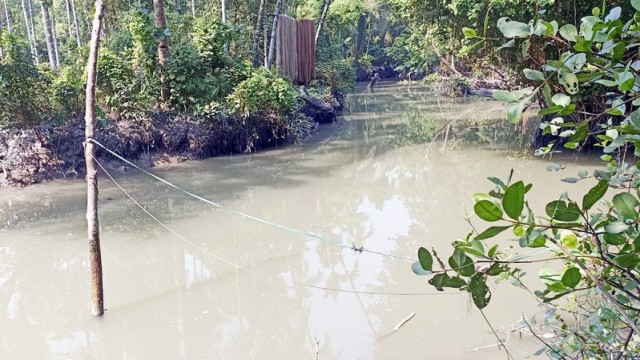
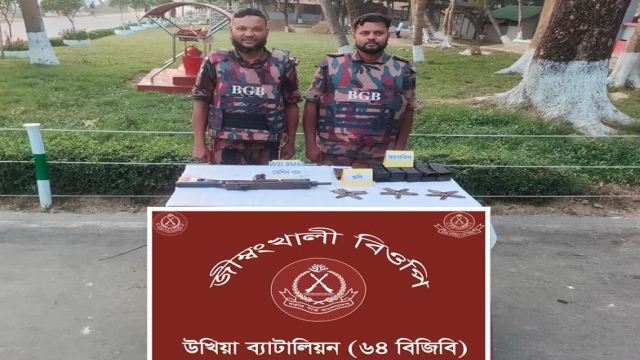
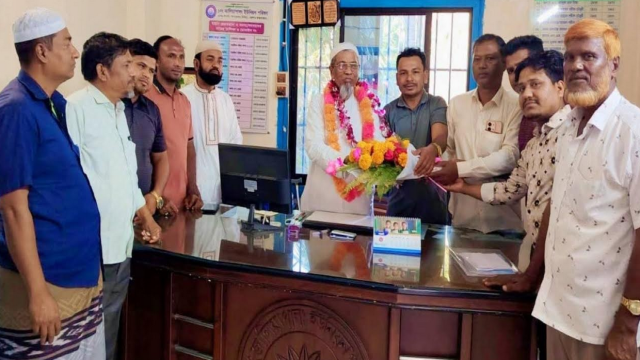
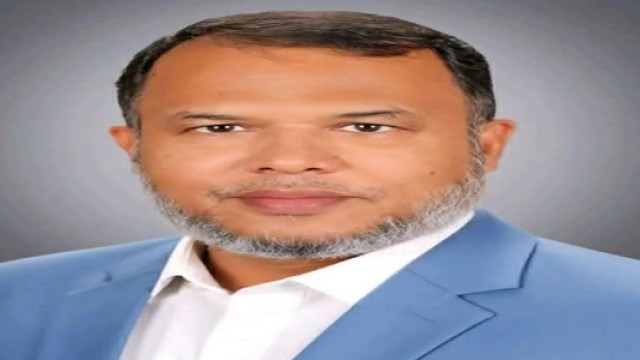

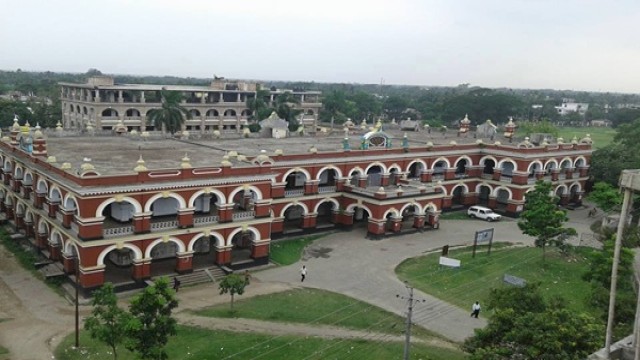
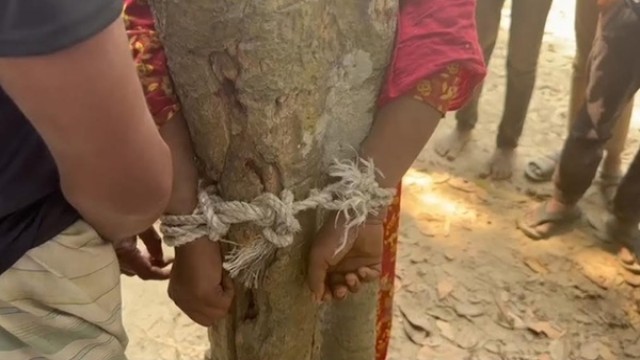
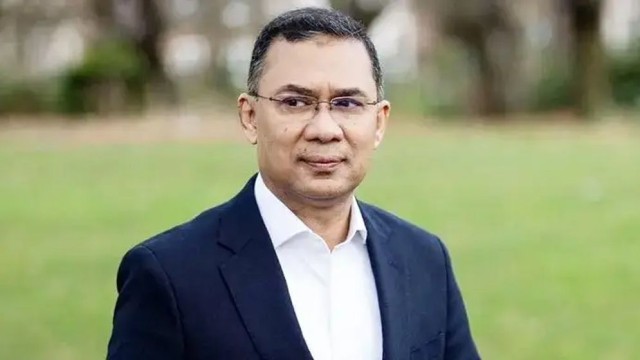


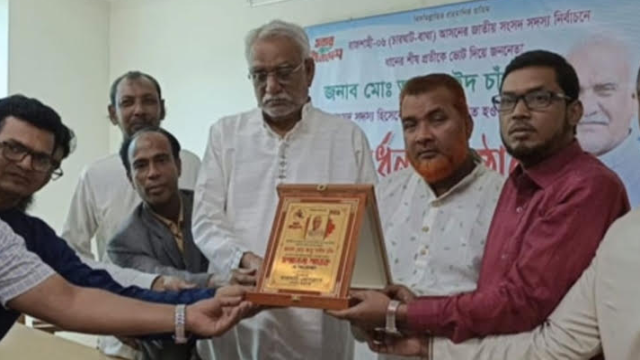
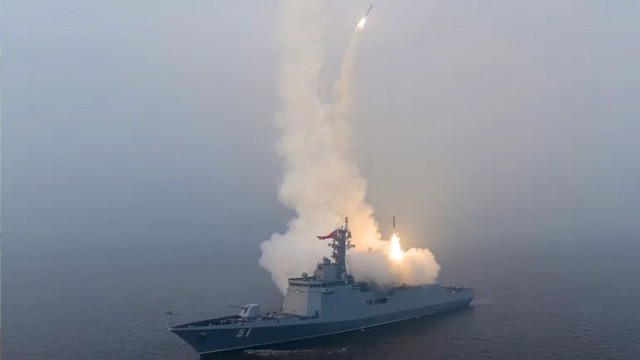



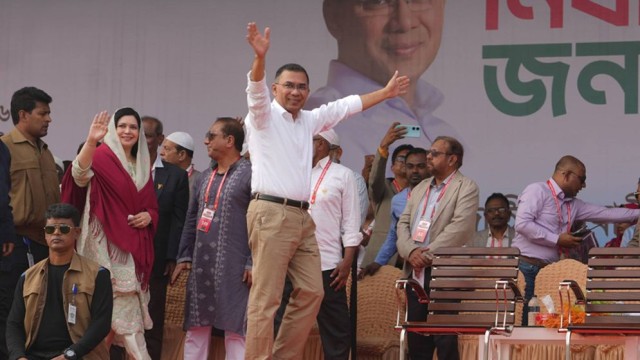
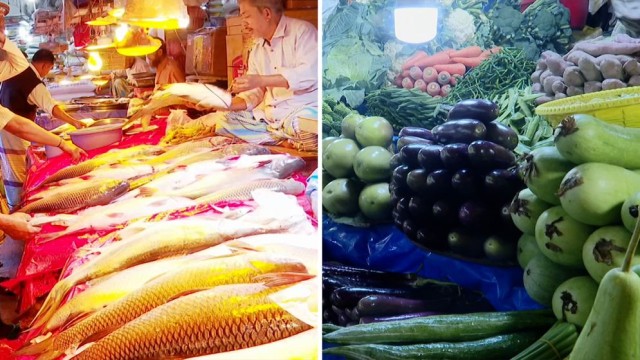
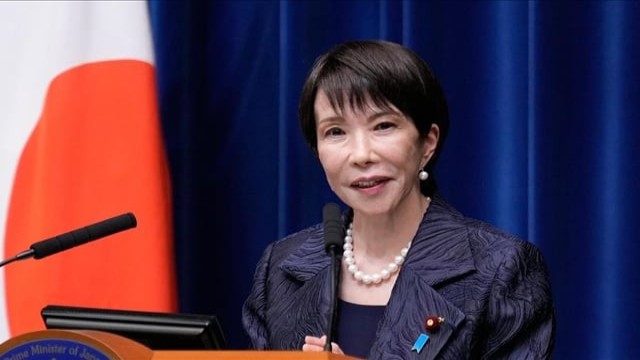
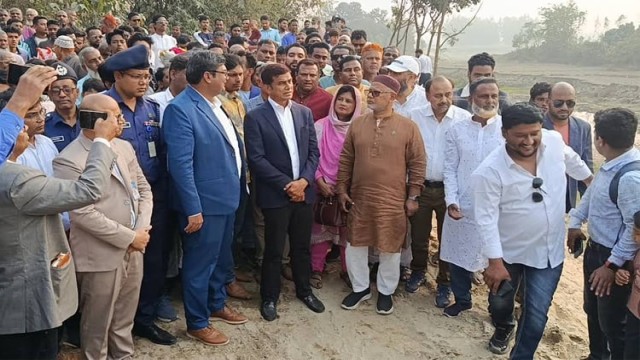
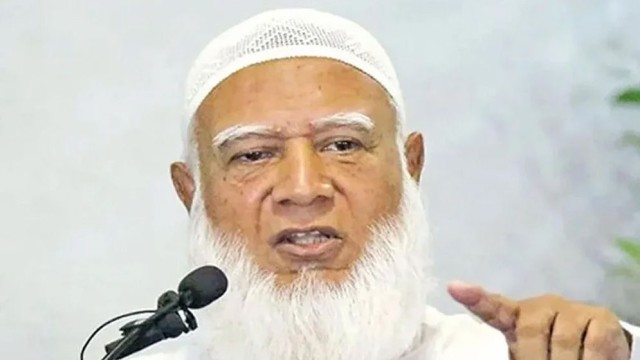
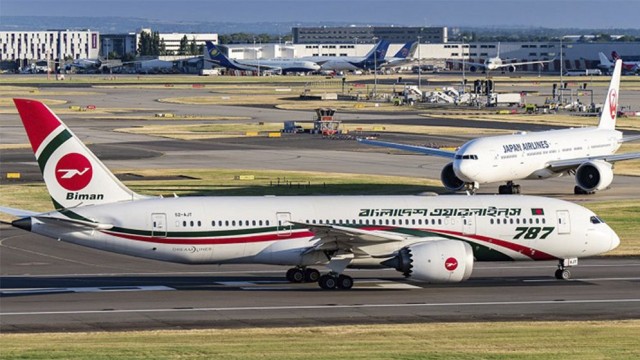
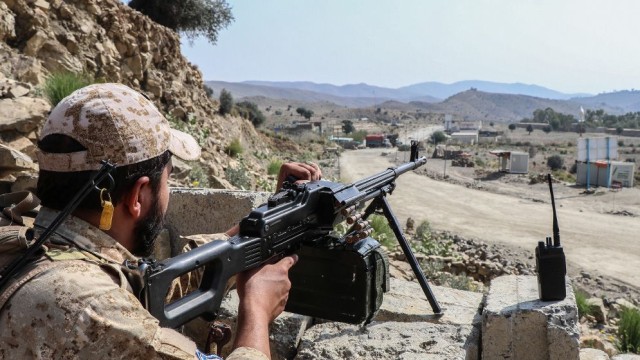
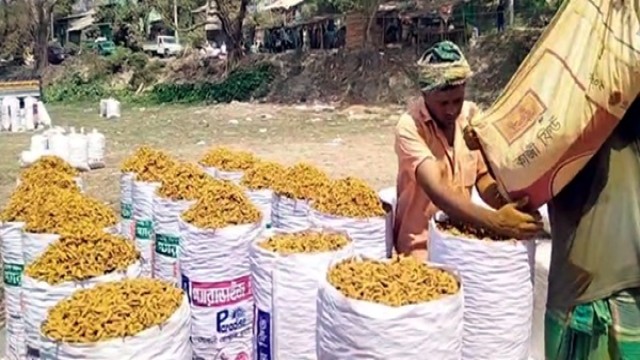
Comment: